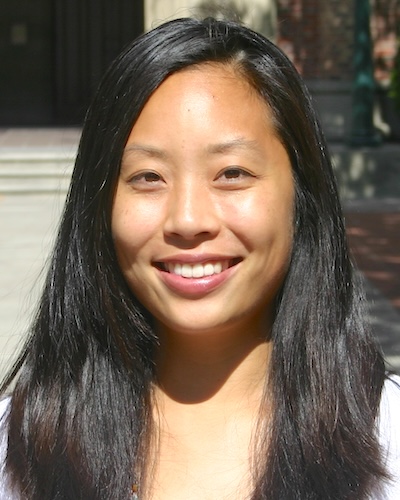The Influence of Language

November 8, 2010
by Yao
Language is more than just what you say and it is important that we enable rather limit in our occupational therapy dealings.
I recently attended a charity event that was geared towards promoting awareness of an issue that has affected countless women across the globe, sex trafficking. Attending this event re-enforced the idea that language is a powerful form of expression and can truly affect the way that one presents oneself as well affect how people view and treat others. The event itself although well intentioned employed a host that seemed to be ill informed about how to properly address the issue of sex trafficking and those that have survived it and are affected by it. In my opinion, the host should have been using language that empowered the women affected and placed them in a positive light as survivors but instead used language that marginalized these women as “damaged” people that had “chosen” this life and they were not able to help themselves. The language that was used placed these survivors in a category of disempowerment as well as subordination, instead of encouraging a new life full of opportunities the language seemed to permanently remind them of their traumatic past and permanently place them in a subordinte position to everyone else. Comments such as “I have nothing in common with these people” and “we help these people live the right way” were made. Instead of raising awareness and increasing empathy, it seemed to further differentiate and marginalize, placing those that have not experienced the effects of sex trafficking in a more highly regarded place in society. It seemed as if the language was solely identifying this population through a label rather than their individual characteristics — as if dehumanizing the already dehumanized. Instead of teaching acceptance and expressing “awe”; in the strength and endurance of these women, the language seemed to imply that they had been a part of something that they should be ashamed of and that the organizations hosting the event could help them assimilate into mainstream society. Not once did it speak of the strength of these women, not once did it emphasize their adaptability, and not once did it promote their individuality. They were seen as a part of a group that needed help: victimized women — no more, no less.
In occupational therapy there is a concept that is used when addressing the various populations that we work with and it’s called person-first language. Person-first language is an important tool to be conscious of not only as an occupational therapist but as a citizen of the world as well. By definition:
. . . people with disabilities be identified first as individuals. “Person First Language” — referring, for example, to a “woman who is blind”; rather than to “a blind woman” — is a form of political correctness designed to further the aims of the social model by removing attitudinal barriers. (“Definition of Disabilities”, 2010, disabled-world.com/disability/types)
It should also be recognized that some times person-first language is not preferred depending on the person you’re talking to but for this event in particular I felt that person-first language would have been a more appropriate choice of language, focusing on the abilities and opportunities that these women do posses and focusing on their ability to engage in life and obtain a quality of life that is most beneficial and satisfying to them.
I in no way mean to imply that these organizations didn’t help these women. These organizations are great resources and provide many supportive services. It was the language used by this particular host that had altered my view of this event. It only took a few words to change the mood of that night. Imagine what a few words can do to a person. As much as people play with language in politics and law, it is extremely important to consider how it can affect both patients and providers in the medical sphere. A label, a category and a group all have certain connotations and many of those connotations can limit someone’s potential. Occupational therapists understand that our clients are constantly changing throughout treatment and therefore find it important to be cognizant of the language used to address patients and their situation. Words can either be a vehicle for positive change or a powerful tool to stop it. We should think twice about the language we use.
⋯
Next by tag Diversity ⟩ What are OS/OT? ⟩
⋯





